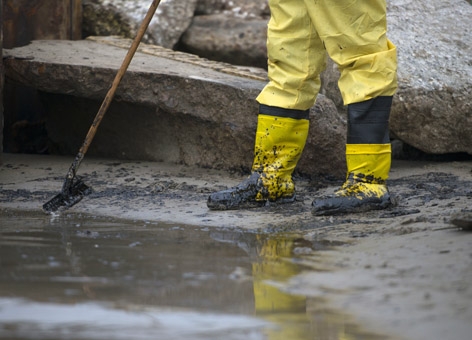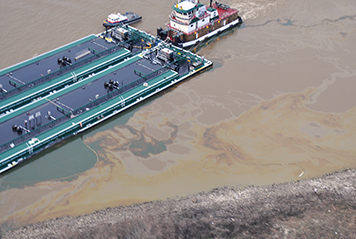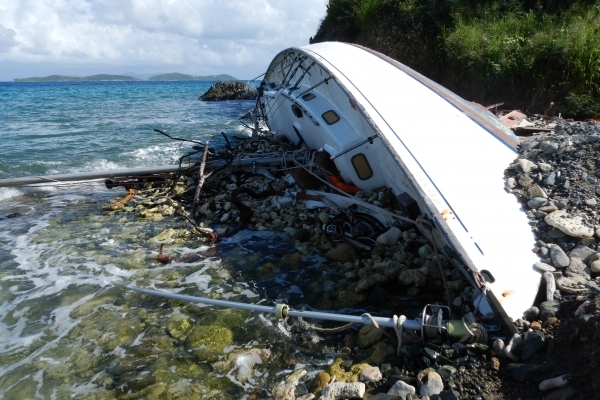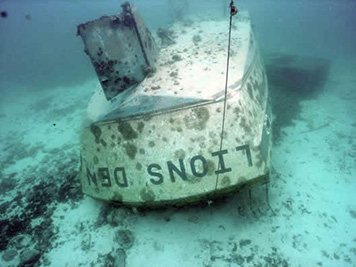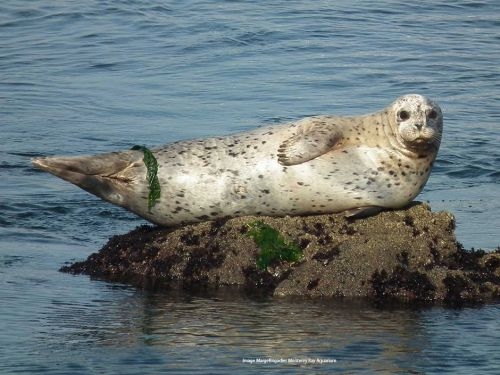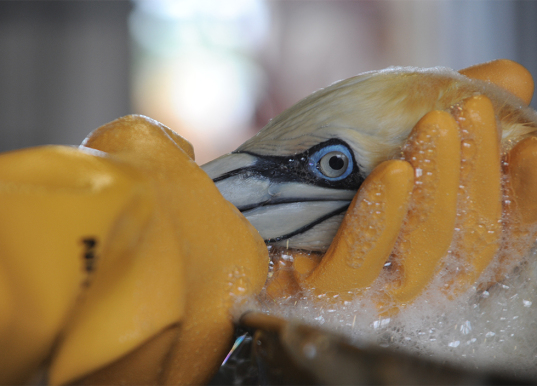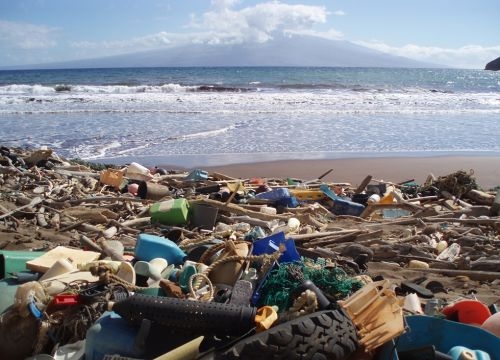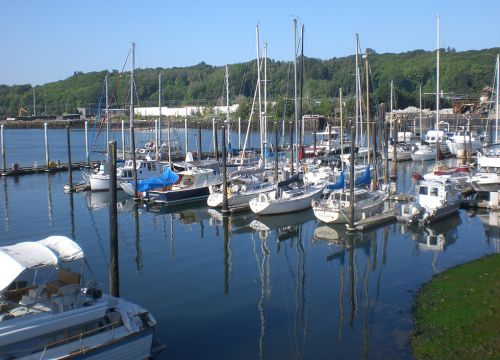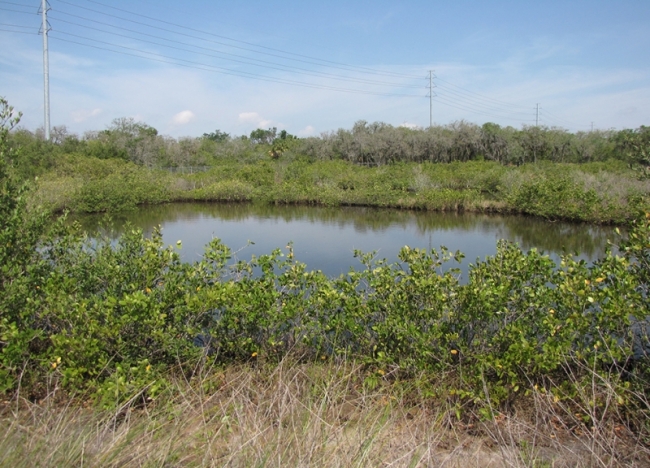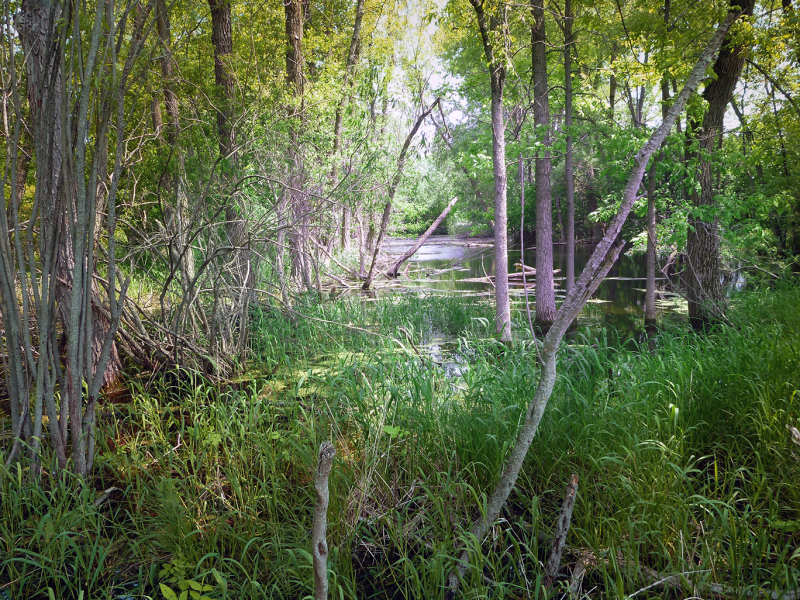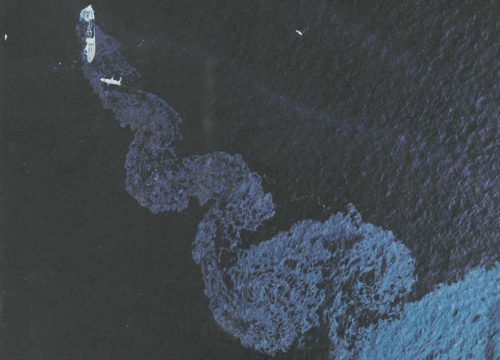
Earth Day dates back to 1970, when Senator Gaylord Nelson implemented it as a day to recognize the need for environmental protection. That same year in December, Congress created the Environmental Protection Agency. NOAA’s Office of Response and Restoration gained its first recognition in environmental issues six years later when the Argo Merchant tanker vessel grounded near Nantucket Shoals in Massachusetts, spilling nearly 8 million gallons of oil — though at the time, OR&R was a small recently formed Spilled Oil Response Team.
OR&R’s work has since grown to include a number of roles in mitigating and responding to marine pollution — including everything from emergency response, assessment, and restoration to disaster preparedness and marine debris removal. OR&R continues to do its part to keep the Earth green — and blue — through its varying roles, on not only Earth Day, but every day.
Here are seven ways we keep the Earth clean:
1. Clean, clean, clean
Whether its waste sites, oil spills, or marine debris, if it’s marine pollution, we help clean it. Last year OR&R responded to 205 oil spills, chemical releases, and other threats. Find out OR&R’s Emergency Response Division cleans up oil here.
2. Caring for the abandoned and the derelict (vessels)
Abandoned and derelict vessels are a problem for many U.S. harbors, bays, and shorelines. They can become hazardous to navigation, pose a significant threat to natural resources, endanger marine life, and disperse oil and toxic chemicals still on board. During hurricane season, vessels frequently become beached or may even sink. More than 700 vessels were displaced in Puerto Rico and the U.S. Virgin Islands during the 2017 hurricane season, find out more about OR&R's role here.
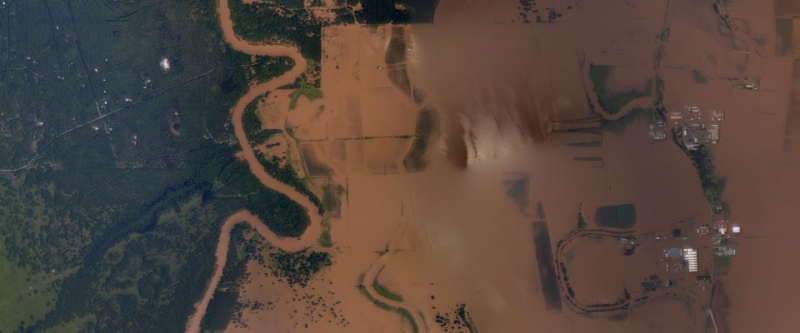
3. Always anticipating mother nature
The Earth is a living entity, and like any other, it has its good days, its bad days, and its outright disastrous days. We prepare for the worst through drills, trainings, workshops, and planning for natural disasters at the Gulf of Mexico Disaster Response Center (DRC). The DRC’s work is so important that it just became a part of a larger, newer program — the Disaster Preparedness Program — to enhance our ability to respond to and recover from pollution events and natural disasters.
4. Protect and rescue those in need
After an oil spill or any other marine pollution incident, finding and protecting wildlife that could potentially be threatened by a spill is a top priority. In a worst case scenarios where wildlife have already been oiled, we help rescue them.
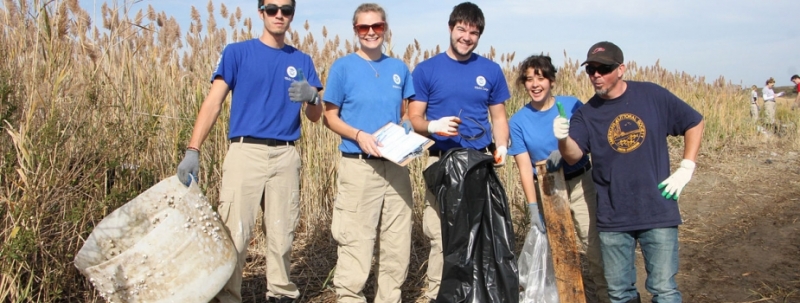
5. Picking up trash
OR&R’s Marine Debris Program is dedicated to all forms of marine debris — from the Great Pacific Garbage Patch to microplastics on beaches — and offers funding to support locally driven, community-based marine debris removal projects. You can become a part of the marine debris removal effort today by taking part in an Earth day cleanup, or you can also join, lead, or create a cleanup through Ocean Conservancy’s International Coastal Cleanup.
6. Education for prevention
Marine debris is everyone’s problem. By making simple changes to how you consume on a daily basis, you can help prevent further marine debris. Here are 8 ways you can help keep the Earth clean. Prevention can also apply to small oil spills. If you’re a recreational boater, check out our Small Spills Prevention Checklist.
7. Restoring the Earth to her original beauty
The other side of marine pollution response is restoration. After oil and other pollutants have damaged marine habitat and wildlife, we work to restore the affected area to its original state. Read about how we turned a toxic dump into a wetland to find out more about our restoration work.
These are just a few of the many ways OR&R works to keep the planet green — and blue. What are some ways you keep the planet clean? Share with us in the comments.
Have a happy Earth Day and don’t forget to thank both NOAA and mother nature for the clean and refreshing waters you drink, swim in, boat on, and enjoy the benefits of every day!

